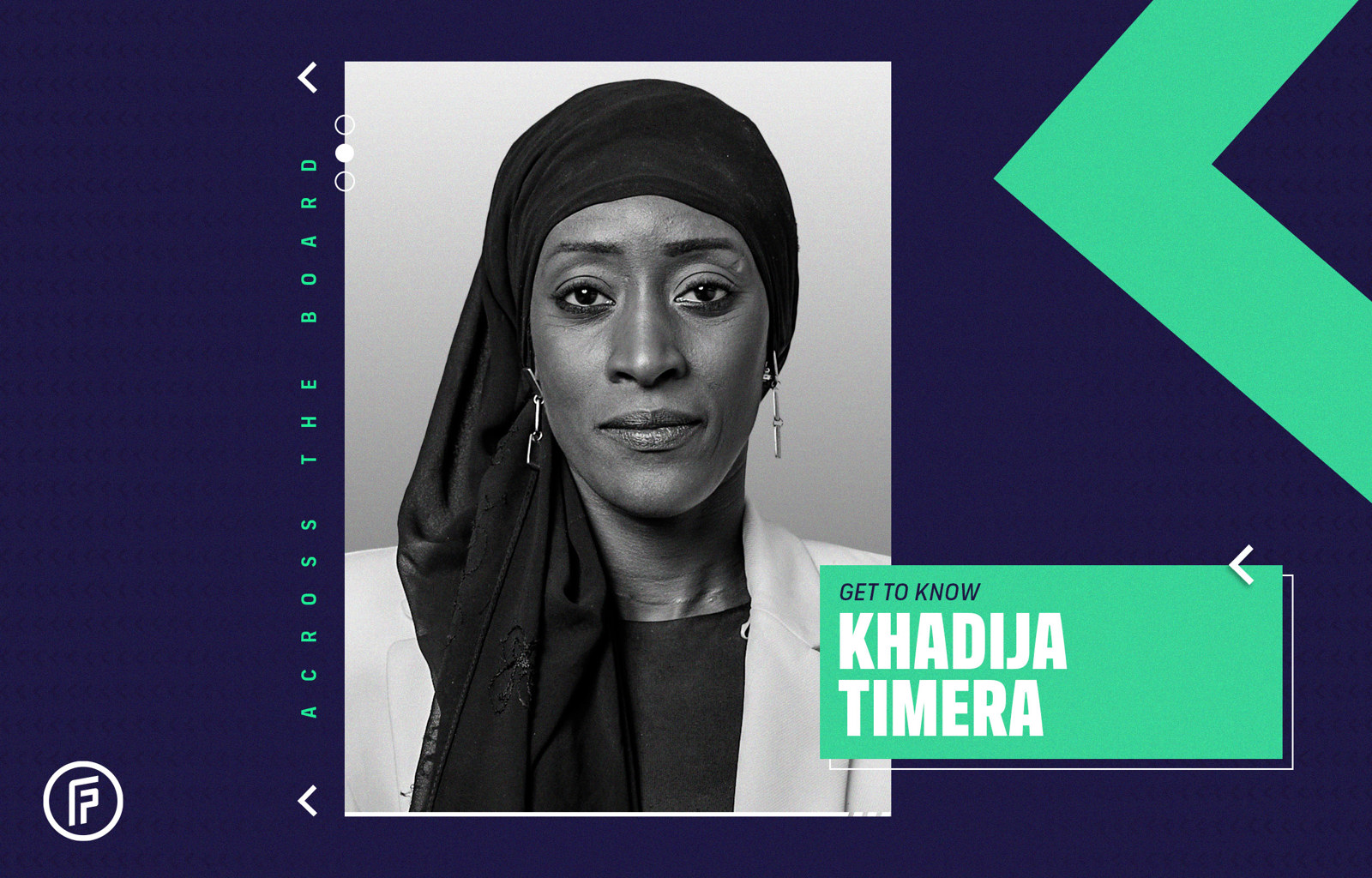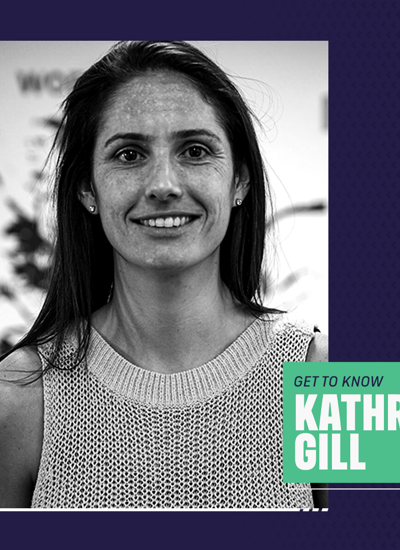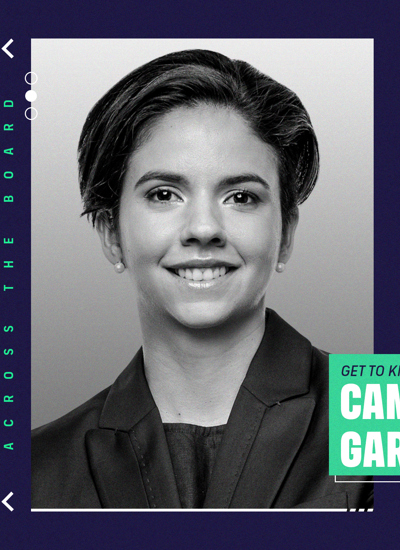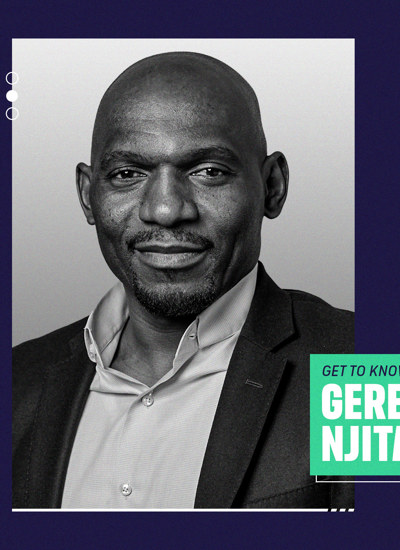
FIFPRO introduced the most diverse in the global player union’s 56-year history during its General Assembly last November.
Khadija Timera was one of 18 people elected to the board after she participated in the Ready to Board programme for women working in football.
Khadija Timera
• French-Senegalese legal advisor who grew up in Paris
• As a boxer, almost qualified for the 2020 Olympics
• Wants to help professionalise African football
• Inspired by the board’s diversity and shared goal
How do you find being a FIFPRO board member?
I like it because I feel at home. I grew up in an area of Paris in the 18th arrondissement where there are a lot of migrants from West Africa and Arabs from north Africa, so I’m used to being around different types of people, and the same with university where I studied in Berkeley, California, and the law firm I worked for in Morocco and Luxembourg. I love learning and so I love this kind of environment.
I must say it was better than I was expecting. In many places you might have a lot of meetings but with no intention to change things. The reason why I like it at FIFPRO is that you have people with good intentions who are really interested in change and trying to push other stakeholders to take decisions and better the conditions for players.
To exchange ideas and reach a consensus, that’s what we are trying to achieve on the board. Of course, with a board of 18 people it’s not easy to reach a consensus – we come from different regions, and we have different competencies – but the fact that we are all united by the will to change conditions for players is something that helps.
What do you bring to the board as a lawyer?
I come from business law and I have been working in this area for some time. (After working for a Luxembourg-based law firm, she set up a consultancy for African footballers and basketball players in Paris in 2017, later moving to London and currently based in Dakar, Senegal working for a legal advisory firm). For me it’s interesting to join a union but I was sceptical about how I could use my competencies and make the link with a union. But I have found it very interesting – the missing piece of what I wanted from my career. I love business law but I wanted to contribute as well to change the world of football.
The Ready to Board programme was a good transition. We worked a lot on ourselves. This helped me for sure because everything comes from within. If you don’t work on your self-awareness you cannot achieve as much.

As a board member representing Africa, what is your view of football in the region?
The situation in Africa is diverse. You have a country like South Africa where the players already have bargaining agreements in place, they are professional and can live from football. That is not the case in my country, Senegal. There is legislation trying to push for professionalisation but, if you look at real conditions, we are far from being professional.
Senegal won the African Cup of Nations and qualified for the World Cup. But you have for example a player who has been 10 years in the local championship, got injured and became paralysed, and now he has no fund for treatment. Some people think it’s good for national team players to be rewarded but also a percentage of the allocation of funds from the national team should be reinvested in the local championship. That’s a big problem and we have to address it.
We really need to find a way to professionalise the national championship. There is an amateur competition called Navétane played during the rainy season which is much more popular and players like El Hadji Diouf are proud to have been in it because it proves you have been at the roots of Senegalese football. The stadium is full for Navétane games which is not the case for national league games. We really need to find a way to professionalise the league. There is currently no player union that can defend professional footballers in Senegal and we want to start one that will work together successfully with other organisations.
Many countries in Africa need help. There is a big deficit not only the training conditions, contracts, insurance, facilities, the network. Football has a prominent place in the world and we shouldn’t have players who live in very bad conditions.
How can such professionalisation be achieved?
I believe strongly in collaboration – one cannot achieve success alone. It’s important through FIFPRO’s negotiations with other stakeholders that we bear in mind the small countries and we ask for concrete measures for these countries.
I am inspired by all the special people at FIFPRO fighting to better the football industry. When I see for instance former General Secretary Theo (van Seggelen), what he achieved with just a few colleagues it opens doors within your mind that you want to change things. Most people will tell you change is not possible. When you see someone like Theo what he achieved at a global level, starting a lot of player unions, you think: this is worth the effort.


